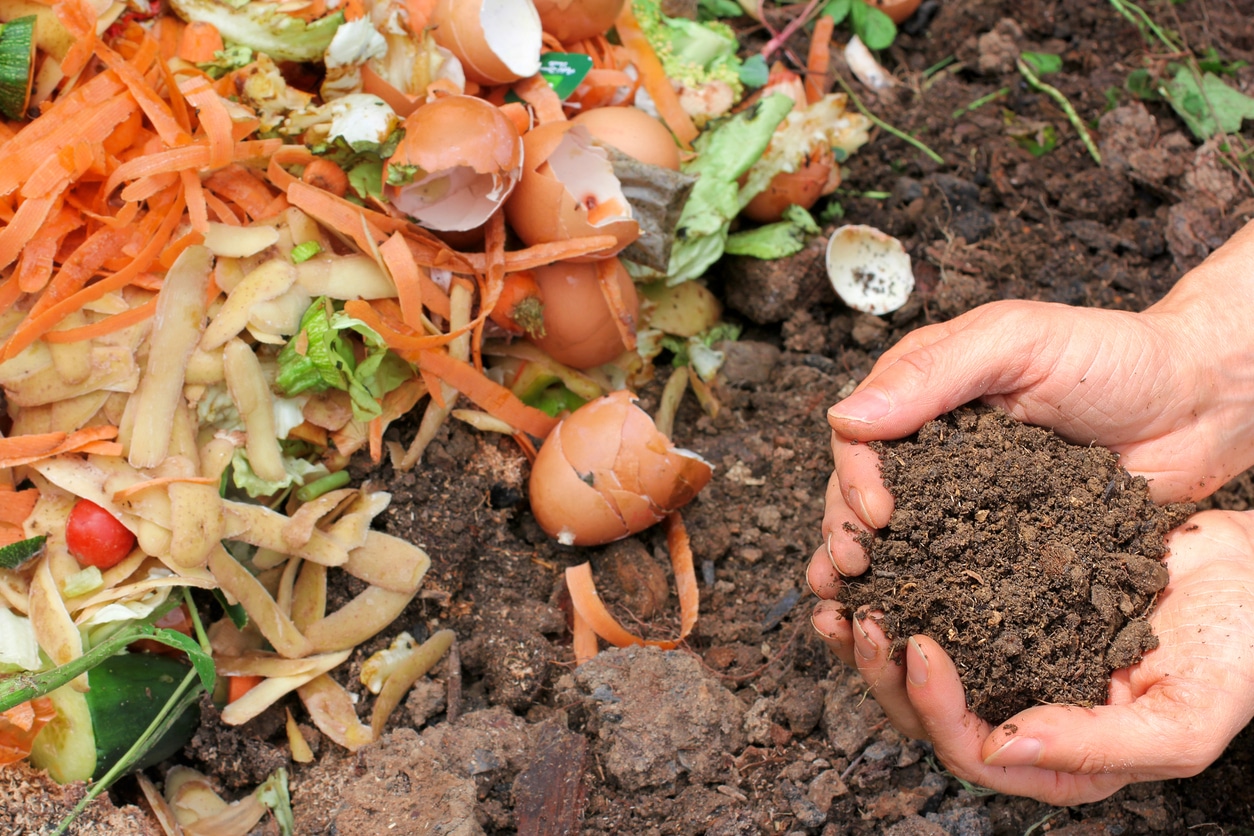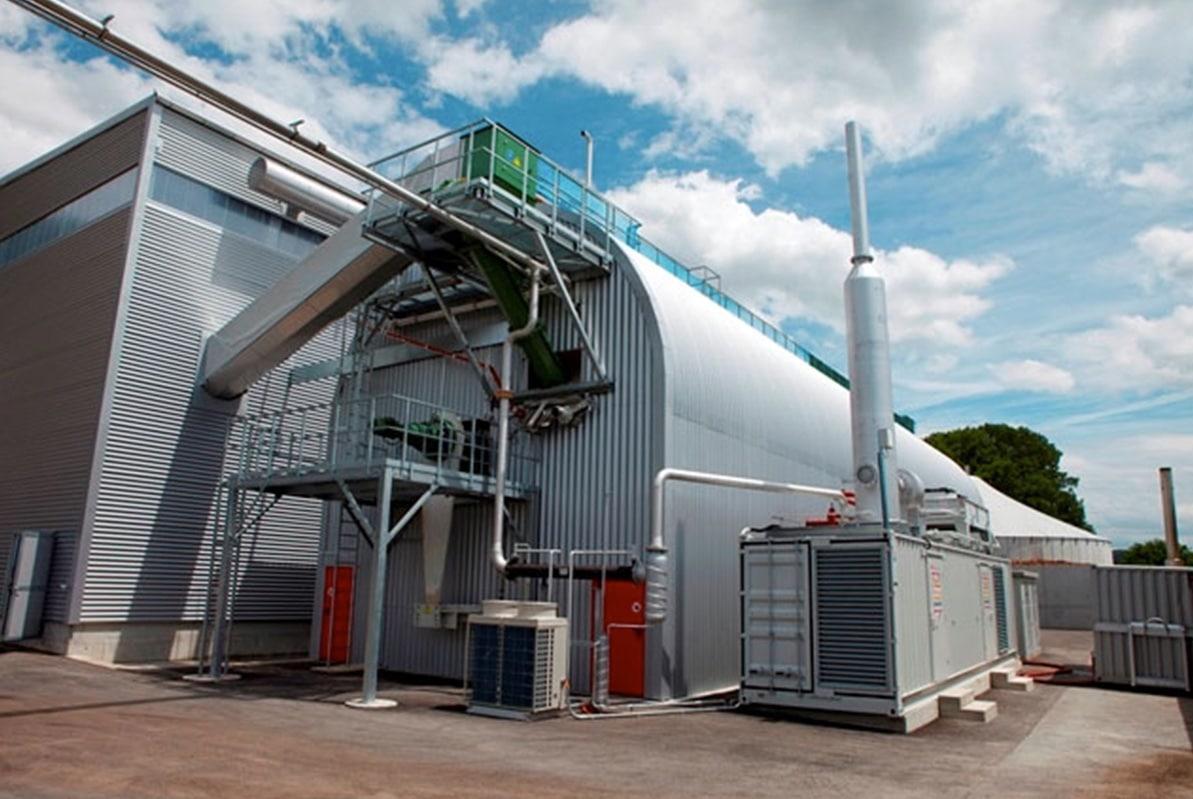An Innovative Solution to Renewable Energy
Anaerobic Digester Project

Did you know 30% of food waste that goes into the trash could be recycled and used to produce compost, renewable natural gas and biochar?
Dem-Con/KVI USA Anaerobic Digester Project
Dem-Con Companies (Dem-Con), in partnership with Kanadevia Inova (KVI), is working on an anaerobic digester to be completed in 2027. The project is in collaboration with metro-area counties to supply food waste and organics forming a unique public/private partnership providing an innovative solution to manage food waste responsibly. Processing 75,000 tons per year of organics that would have otherwise gone to a landfill, producing renewable natural gas (RNG) and biochar.
The digester will be located on Dem-Con’s Environmental Campus in Louisville Township in Scott County and be able to serve the seven-county metro area and beyond. Dem-Con has been recycling, processing, and disposing of waste since the 1960’s. The addition of an anaerobic digester will continue to advance our processing and recycling capabilities with the recycling of organic waste.
About Anaerobic Digestion and Biochar

Anaerobic digesters process organic materials like our yard waste, food waste, and other organics and turns them into valuable resources like renewable natural gas, compost, and biochar. An anaerobic digester works much like your stomach, but is much bigger and breaks down a lot more organic material. The digestion takes place in a sealed vessel which contains complex microbial communities that break down waste. That food waste is converted into renewable natural gas (RNG) and biochar.
RNG is a sustainable energy source reducing powerful greenhouse gases. This facility will reduce emissions by 30,000 tons per year of CO2 equivalent (CO2e) which is equal to removing 6,147 passenger vehicles from the road each year.
Digestate, the remaining material from the anaerobic digestion process, can be made into biochar through gasification. Biochar sequesters carbon, helping meet our climate change goals while creating a valuable soil amendment product. Moreover, it improves soils that grow our food, completing a circular economy.

